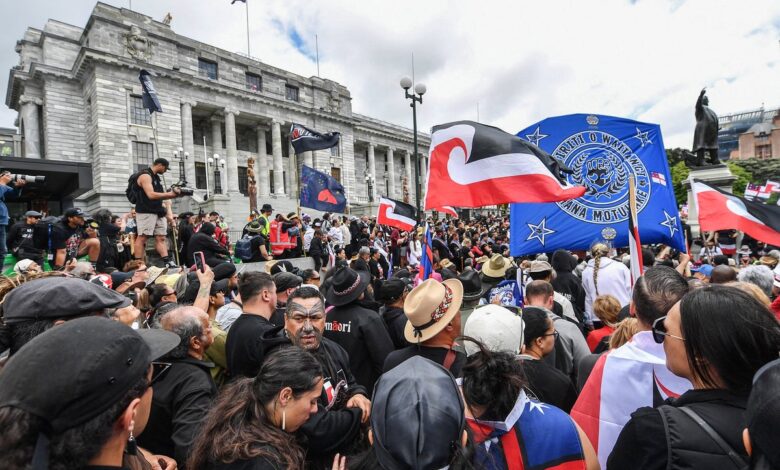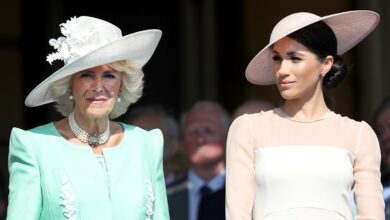
Māori tribes appeal to King Charles to intervene in New Zealand’s politics amid tensions over rights
Representatives from over 80 Māori tribes have appealed directly to King Charles III, urging him to intervene in New Zealand’s domestic policies amid escalating tensions over the government’s approach to Māori rights.
The National Iwi Chairs Forum, a collective of tribal leaders, has penned an open letter to the monarch, expressing alarm over what they describe as ongoing breaches of the Treaty of Waitangi – New Zealand’s founding document signed in 1840 by Māori chiefs and the British Crown. The treaty is considered pivotal in protecting Māori rights.
“We’ve had 184 years of pandering to the decency and goodwill of the government, and it is not reciprocated,” Mr Aperahama Edwards, chair of the Ngāti Wai tribe and a forum leader, was quoted as saying by The Guardian. “The thinking here is to bring [these issues] to the attention of King Charles with the hope he can intervene.”
The two-page letter highlights concerns about legislative changes introduced by New Zealand’s rightwing coalition government, which critics argue have rolled back Māori rights. These include curbing the use of the Māori language in public services, dismantling health institutions designed to address inequities, and introducing a controversial bill that could radically alter treaty interpretations.
Earlier last month, around 10,000 people took to the street, marching towards Wellington to oppose the bill that seeks to redefine the principles of the Treaty of Waitangi. First signed in 1840 between the British Crown and more than 500 Maori chiefs, the treaty lays down how the two parties agreed to govern. The interpretation of clauses in the document still guide legislation and policy.

The Act New Zealand party, a junior partner in the ruling centre-right coalition government, unveiled the bill, which it had promised during last year’s election. The party has criticised the sharing of some governance matters between the state and Maori, arguing non-Indigenous citizens are losing out because of policies designed to uplift Maori.
But Maori and their supporters say the bill undermines the rights of the country’s Indigenous people, who make up about 20 per cent of the population of 5.3 million.
Coalition partners the National Party and New Zealand First are only supporting the legislation through the first of three readings. Both parties have said they will not support it to become legislation, meaning it will almost certainly fail.
Prime minister Christopher Luxon previously reaffirmed that his National Party would not support the bill’s progress beyond the first reading.

However, the forum in its letter accuses the government of attacking the treaty, with policies that risk disconnecting Māori children from their heritage, threatening the protection of land and sea resources, and reducing the Waitangi Tribunal’s role. The tribunal investigates treaty breaches and has previously criticised the government’s direction.
Māori leaders fear these measures have fuelled anti-Māori rhetoric and soured their relationship with the Crown.
Professor Margaret Mutu, a forum chair and academic at the University of Auckland, described the policies as “a serious violation of the treaty” and called on the King to remind the government of its obligations.
The letter begins by recognising King Charles’s familial ties to Māori leadership and the legacy of Queen Victoria, who oversaw the treaty’s signing. It references the King’s 2022 Commonwealth address, where he spoke of acknowledging historical injustices and building a future that benefits all citizens.
“As a constitutional monarch of the Crown and a descendant of Queen Victoria, we seek your intervention to ensure that the government does not diminish the Crown’s honour,” the letter states, adding that signatories are united in their “grave concerns” for the future of Māori families.
Additional reporting by agencies
Source link



